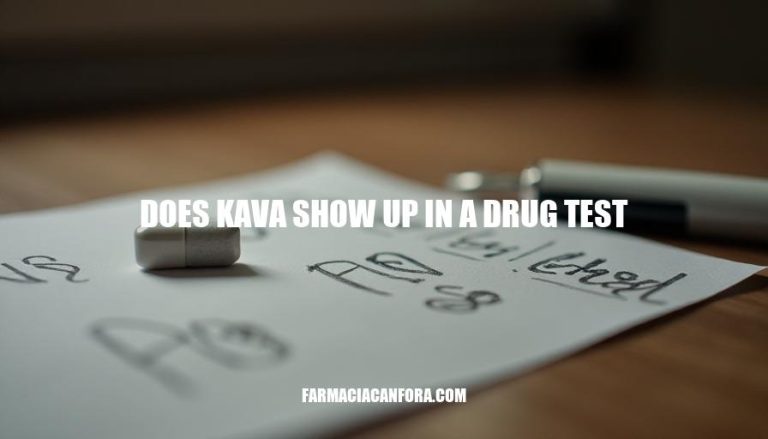


Kava, a traditional beverage from the South Pacific, is known for its calming effects and is increasingly popular worldwide. Understanding whether kava shows up in a drug test is important for individuals who consume it, especially those subject to regular screenings for employment, medical, or legal reasons. While kava is not typically included in standard drug tests and is unlikely to cause a positive result, knowing its potential impact can help users make informed decisions and avoid unnecessary concerns.
Kava is an herbal extract from the roots of the Piper methysticum plant, native to the South Pacific Islands. Traditionally, it has been used for centuries in these regions for medicinal, ceremonial, and cultural purposes. Commonly, kava is consumed as a drink to promote relaxation, reduce anxiety, and enhance sociability.
People might be concerned about kava showing up in a drug test because, although it is not a controlled substance and is generally not included in standard drug screenings, there have been rare instances where kava has triggered false positives for substances like amphetamines. This can be particularly worrying for those undergoing drug tests for employment or legal reasons.
Here’s a brief overview of the different types of drug tests and whether kava shows up in them:
Urine Tests:
Blood Tests:
Saliva Tests:
Hair Tests:
Kava is generally not included in standard drug screening panels. It is not classified as a controlled substance and is unlikely to trigger a positive result for common drugs of abuse. However, there have been rare instances where kava might cause a false positive, particularly in some urine tests.
Kava has been reported to cause false positives in drug tests, particularly for amphetamines like MDMA. This issue primarily arises with certain “dip” style urine tests. Studies, including one published in the Journal of Analytical Toxicology, have shown that kavain, a major kavalactone in kava, can interfere with these tests.
Instances of false positives have been documented, with users reporting positive results for amphetamines after consuming kava. However, these false positives are typically resolved with more specific confirmatory tests, such as gas chromatography-mass spectrometry, which do not detect amphetamines in kava users.
Legal Status of Kava:
Impact on Drug Tests:
Kava is not typically included in standard drug screening panels and is unlikely to show up on a drug test. However, there have been rare instances of false positives, particularly for substances like MDMA, due to certain types of drug tests. If a false positive occurs, further lab verification usually clears up the confusion.
Kava is generally not included in standard drug screening panels and is unlikely to trigger a positive result. However, there have been rare instances of false positives, particularly with certain urine tests that detect amphetamines like MDMA.
These false positives are usually resolved with more specific confirmatory tests. Kava users should be aware of the potential for false positives, especially in employment or legal settings where drug testing is common.
It’s essential to understand the types of drug tests and their detection windows to make informed decisions about kava consumption.
Ultimately, while kava may pose some risks in terms of false positives, it is not a controlled substance and is widely accepted as a safe and effective herbal remedy for relaxation and anxiety relief.